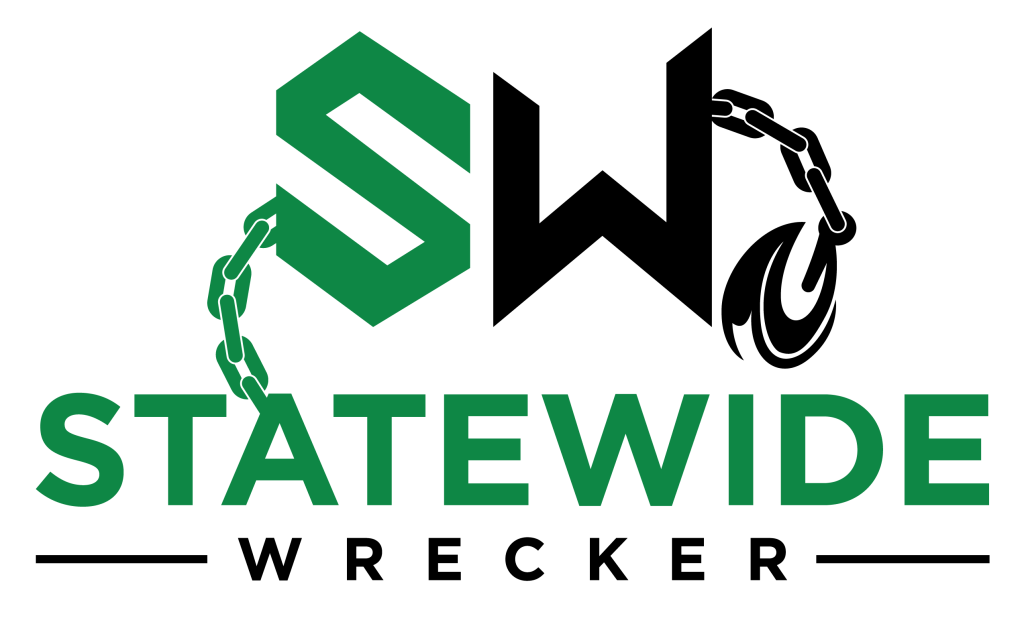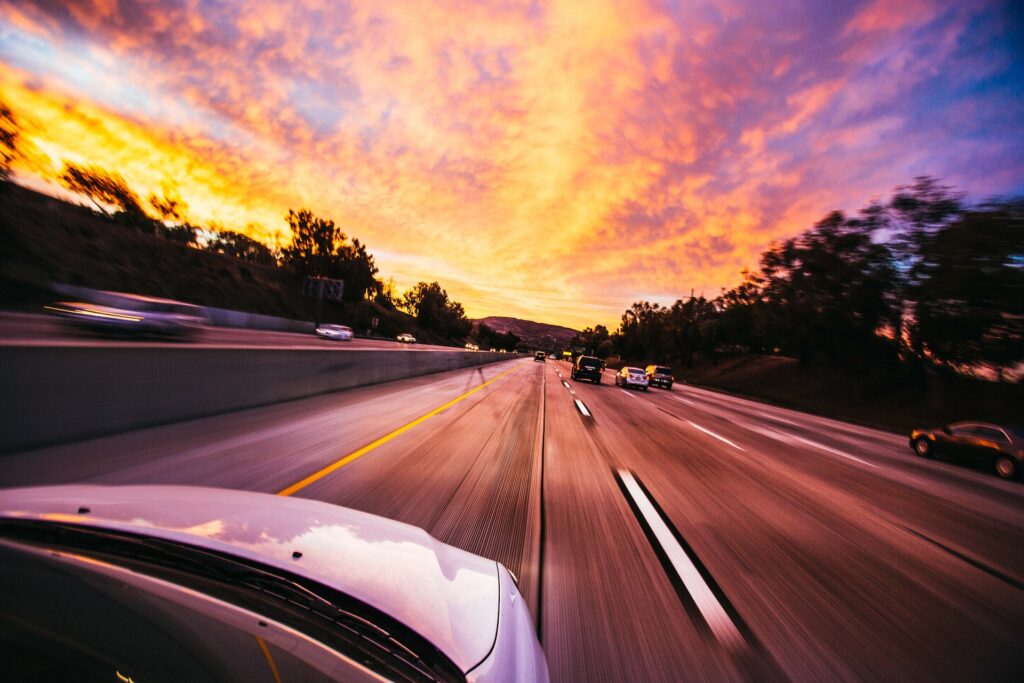Any accident involving motor vehicles is startling. You must be able to make the right decision in those first initial moments of shock. That said, in the unfortunate event of a motor vehicle accident, preparation is the best defense against further damage or stress. Whether you caused the collision or not, being prepared for an accident will help you understand how to handle first responders, injuries, other drivers, and insurance.
What Should You Do After a Motor Vehicle Accident?
Get to Safety: The first step is getting your car off the road safely. Unless the accident results in a death or injury, and if the vehicle is still drivable, the “Steer It, Clear It” law now requires that motorists move their vehicle completely off of the road. In fact, not moving the wreck is a misdemeanor punishable by as much as a $1,000 fine. While moving your vehicle, put your emergency flashers on so you are more visible to other drivers. Even if you are disoriented, it’s important to protect yourself, your passengers and your vehicle from any further harm.
First Aid: Unfortunately, it can be disorienting directly after an accident. Mistakes are easier to make due to all of the distractions around you. It doesn’t matter what type of motor vehicle accident you find yourself in–immediately check if your loved ones are okay after you have examined yourself. Provide first aid and call for an ambulance if necessary. If you are unable to tell if there is anything wrong with your passengers, try asking yes or no questions. Do not remove a person who is seriously injured because you could involuntarily make it worse.
If you have children young enough to need car seats, wait for a first responder to remove them from their car seats to assess them for possible hidden injuries. Be sure to keep other children or passengers in the vehicle for safety, even if they seem frightened. Staying calm and together is the best thing to do.
Call Emergency Services: Immediately call Fire Rescue or an Ambulance if you or your passengers show any signs of harm from the accident. Getting medical help first should be your priority! Then, if you are able, call 911. Fully cooperate with the investigating officers. Also, provide as much information as possible to help them find you. A few examples are:
- City
- Street Name
- Mile Marker
- Traffic Signs
- Businesses Nearby
- House Number
Do not hang up before the dispatcher permits you. According to Georgia law, any driver involved in a car crash resulting in specific injuries or property damage must remain on the scene and contact the police. Georgia drivers are obligated to contact law enforcement whenever the following elements are present after a crash: bodily injury, property damage over $500, and death.
Information is Key: After you secure everyone and call emergency services, you need to collect important information. Only exchange insurance and contact information with the other driver. We recommend you collect the following information for insurance claims:
- Contact Information–full name and phone number
- Insurance company and policy number
- License plate number and driver’s license
- Model, make, and color of vehicle
- Location the accident took place at
It is always a good idea to take pictures and videos of any damage, injuries, or anything else that will aid your recollection. This will not only help you remember for later purposes but support your claim. Write everything down or respectfully video record for details. If there are witnesses, then talk to them and get their information. As the police arrive, be ready to present your own information. Registration, insurance proof and your driver’s license may be requested of you. Also, if they issue an official crash report, take a picture of it. Your insurance will want to know the details of the accident.
See If You Need Roadside Assistance: Assess the severity of your motor vehicle accident. Ask yourself if you will need to call a towing service to transport your vehicle. Depending on your insurance policy, you may have roadside assistance, wrecker services, rental car coverage or other benefits available to you after an accident.
If you are looking for a trusted tow service, call Statewide Wrecker. We provide light-duty and heavy-duty towing services for disabled vehicles or motorcycles due to breakdowns, accidents, or vehicle transport. Also, our team offers a wide range of towing services for motorists, including light-duty towing, car towing, motorcycle towing, vehicle transportation, and 24/7 emergency roadside service.

Check Out Our Automotive Safety Program
At Welchel Enterprises we take motor vehicle accidents very seriously. We host a free 3-hour, hands-on course designed to provide a working knowledge of automotive safety and basic automobile care for new drivers. During the program, participants will learn how to safely change a tire, jump start a car and perform a vehicle safety inspection. Participants will also learn about defensive driving from the Gwinnett Police Department and Gwinnett Fire Department. Each participant will have an opportunity to complete each task while under the supervision of an instructor. Be on the lookout for our next class and check out our safety packet below!
Call Us Today!
Statewide Wrecker Service is a reputable towing company that can assist with any roadside emergencies. Our experienced technicians are available 24/7 to assist you in your time of need. Additionally, if you need towing assistance, Statewide Wrecker has a fleet of tow trucks capable of handling any size vehicle. We offer emergency towing services and can quickly dispatch a tow truck to your location. With our commitment to customer satisfaction and quality workmanship, Statewide Wrecker is a reliable partner for all your roadside assistance needs.
